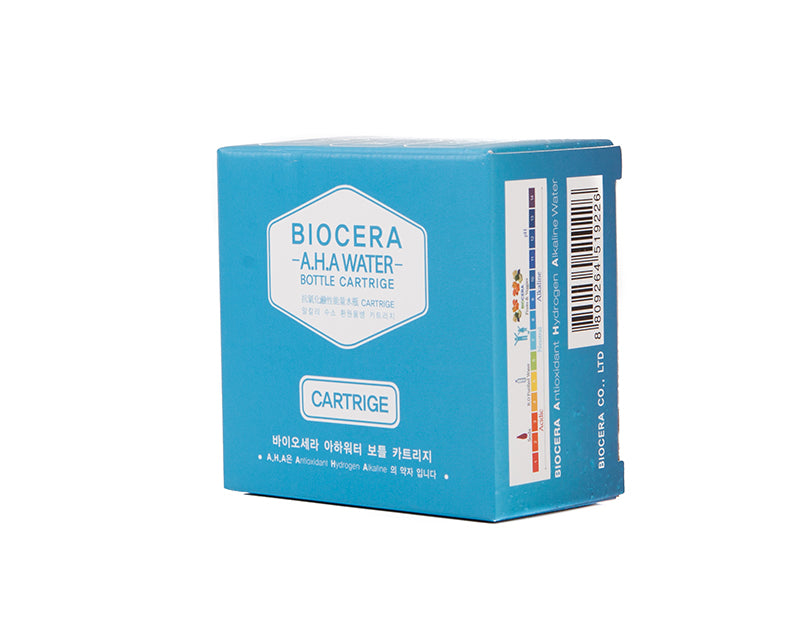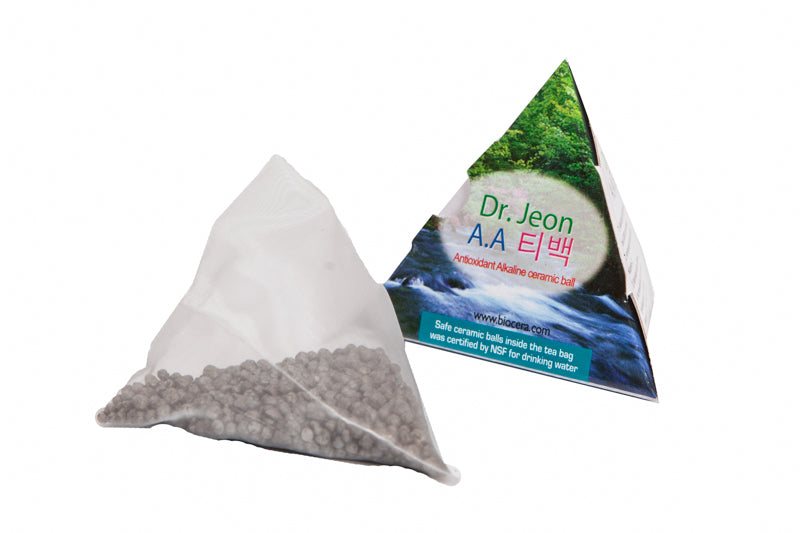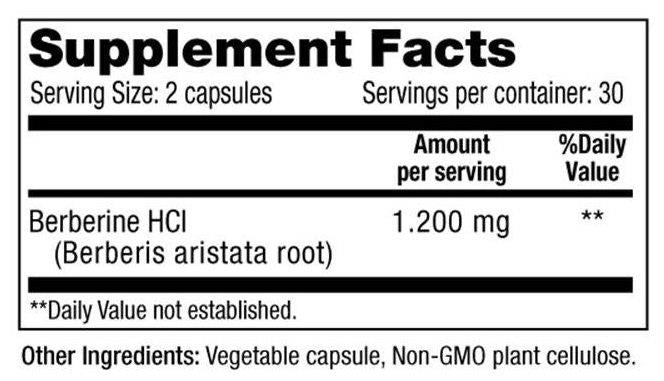One single dose (40 ml or 2.7 tablespoons) of MCT fat is all it takes to boost your brain power.
According to a 2004 study, neurobiological evidence suggests that elevation of plasma ketone body levels through an oral dose of medium chain triglycerides (MCTs) may improve cognitive functioning in older adults with memory disorders (Reger et al, 2004).
Pretty incredible, right?
The Study Results
During the study, 20 subjects with Alzheimer’s Disease or mild cognitive impairment consumed a beverage containing MCT’s or a placebo.
Results showed significant increases in levels of the ketone body beta-hydroxybutyrate (beta-OHB) after 90 minutes of treatment in the MCT group.
For four subjects, beta-OHB levels continued to rise between the 90-120 minute marks.
During cognitive testing, MCT treatment facilitated performance on the Alzheimer's Disease Assessment Scale-Cognitive Subscale for 4 subjects.
Higher ketone values were associated with greater improvement in paragraph recall with MCT treatment relative to placebo across all subjects (Reger et al, 2004).
MCTs and Brain Health in Diabetics
According to Page et al, 2009, consumption of MCTs improves cognition without adversely affecting adrenergic or symptomatic responses to hypoglycemia in intensively treated type 1 diabetic subjects.
Furthermore, MCTs are able to preserve brain function under hypoglycemic conditions without causing deleterious hyperglycemia.
Although the brain relies primarily on glucose for fuel, it can use alternative fuels such as monocarboxylic acids, lactate, and ketones to maintain energy homeostasis.
MCTs are made of medium-chain fatty acid esters of glycerol and offer a readily available non-carbohydrate fuel source because they are rapidly absorbed and quickly metabolised.
Furthermore, MCTs do not require chylomicrons for transport or carnitine for entry into mitochondria. As a result, metabolism of MCTs promotes the generation of ketones.
Animal studies suggest that medium-chain fatty acids can readily cross the blood-brain barrier (BBB) and be oxidised by the brain.
Therefore, MCTs may provide both a direct and an indirect brain fuel source via the generation of ketones, which may offer type 1 diabetics a strategy to preserve brain function during hypoglycemic episodes without raising blood glucose levels (Page et al, 2009).
MCTs and Neurologic Disorders
Further evidence shows that MCTs may be used to treat neurologic disorders with metabolic impairments, including childhood epilepsy and early Alzheimer’s disease (Mcdonald 2013).
An animal study examined the effects of feeding even and uneven MCTs on brain glucose metabolism in mice.
Adult mice were fed 35 percent of calories of trioctanoin or triheptanoin (the triglycerides of octanoate or heptanoate, respectively) or a matching control diet for three weeks.
Results indicated that trioctanoin reduces glucose utilisation due to a decrease in phosphofructokinase (an enzyme that transports ATP) activity.
Trioctanoin and triheptanoin showed similar anticonvulsant effects in the seizure model.
In conclusion, triheptanoin, unlike trioctanoin, appears not to alter glucose metabolism in the healthy brain (Mcdonald 2013).
MCTs in Coconut Oil
The coconut tree is often referred to as the “tree of life” in many parts of Sri Lanka. Approximately 80 percent of the fat intake among Sri Lankans is in coconut fat.
Coconut fat contains around 92 percent saturated fat, yet most of this fat is in the form of MCTs. Unlike other chains of fatty acids, MCTs do not undergo degradation and re-esterification processes. Therefore, they are directly used in the body to produce energy.
According to the Coconut Research Center, MCTs put little strain on the digestive system, unlike other fats, and provide a quick source of energy necessary to promote healing.
Because MCT molecules are smaller, they require less energy and fewer enzymes to break them down for digestion. They are digested and absorbed quickly and with minimal effort.
Other fats require pancreatic enzymes to break them into smaller units. They are then absorbed into the intestinal wall and formed into bundles of fat and lipoproteins.
The lipoproteins are then carried by the lymphatic system, bypassing the liver, and dumped into the bloodstream where they are circulated throughout the body.
As they circulate in the blood, their fatty components are distributed to all the tissues of the body. The lipoproteins get smaller and smaller, until there is little left of them.
Then they are picked up by the liver, broken apart, and used to produce energy or – if needed – repackaged into other lipoproteins and sent back into the bloodstream to be distributed throughout the body.
Cholesterol, saturated fat, monounsaturated fat and polyunsaturated fat are all packaged together into lipoproteins and carried throughout the body via this method.
MCTs are not packaged into lipoproteins. Instead, they head to the liver where they are converted into energy. Ordinarily they are not stored to any significant degree as body fat.
Medium-chain fatty acids produce energy. Other dietary fats produce body fat (Fife).
What Else Can You Do to Preserve Brain Health?
There are other means of preserving cognition and even delaying the early onset of dementia and memory loss.
By implementing sensible lifestyle changes, we can enhance our cognitive ability, grow new brain cells and forge fresh neural pathways well into our senior years.
But which lifestyle changes help with brain health? Unsurprisingly, they are not so dissimilar to lifestyles changes you might adopt to maintain cardiovascular fitness.
The effect of good nutrition on brain health was assessed in a 2017 review paper published in the journal Ageing Research Reviews.
“Deleterious dietary habits (overfeeding, high caloric/low dietary fibre diet or consumption of low antioxidant nutrients) and sedentary lifestyle, or emotional stress, have been reported as key environmental factors for oxidative stress and brain disorders (Martin et al., 2006, Mattson, 2012).
“Among existing dietary patterns, adherence to a Mediterranean diet is associated with less cognitive decline, dementia, or AD and fits the notion of a healthy dietary pattern.”
The Mediterranean diet, of course, is replete with nutritious foods including green vegetables, fruits, nuts, olive oil and fish.
Dairy and meat products, meanwhile, are much less abundant than in the traditional western diet.
References
Fife, F. (n.d.). Coconut Oil and Medium-Chain Triglycerides. Coconut Research Center.
Mcdonald, T., Tan, K., Hodson, M., & Borges, K. (2013). Alterations of hippocampal glucose metabolism by even versus uneven medium chain triglycerides. Journal of Cerebral Blood Flow & Metabolism.
Page, K., Williamson, A., Yu, N., Mcnay, E., Dzuira, J., Mccrimmon, R., & Sherwin, R. (2009). Medium-Chain Fatty Acids Improve Cognitive Function in Intensively Treated Type 1 Diabetic Patients and Support In Vitro Synaptic Transmission During Acute Hypoglycemia. Diabetes, 1237-1244.
Reger, M., Henderson, S., Hale, C., Cholerton, B., Baker, L., Watson, G., Chapman, D., Craft, S. (2004). Medium Chain Triglycerides (coconut fat) increase cognitive performance in Alzheimer's disease.



























Leave a comment